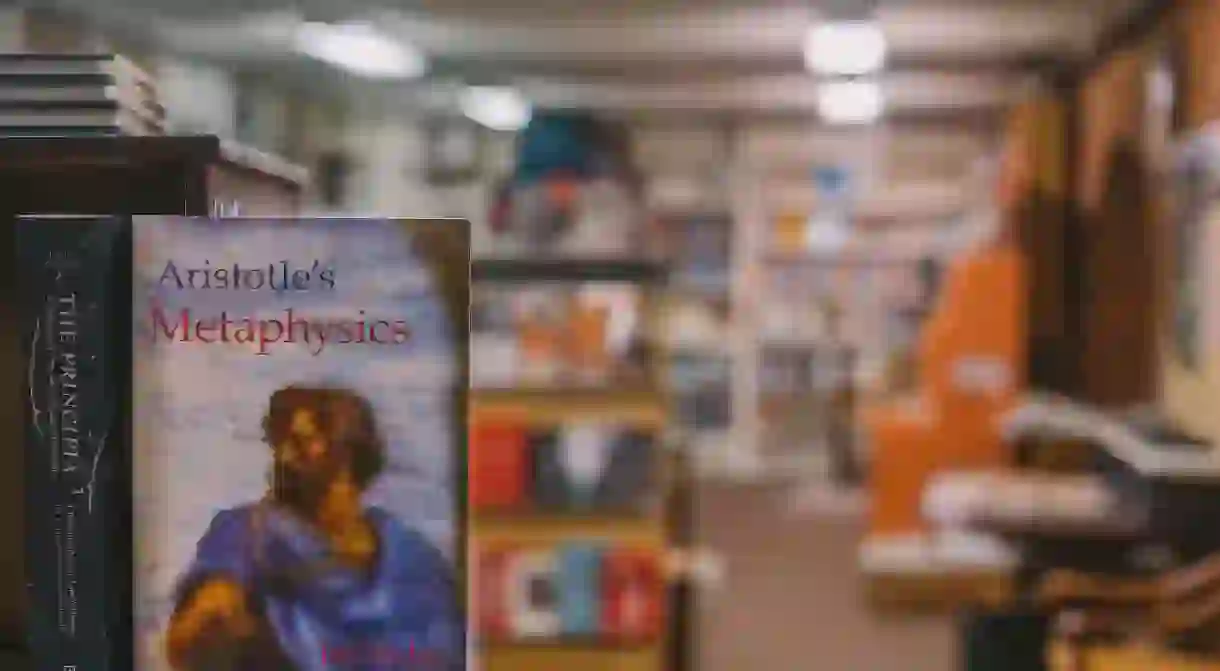The Ways the Ancient Greeks Changed the World

Ancient Greece was one of the first important civilizations in Europe. The Classical era, during the 5th and 6th-century BC, saw the country reach its apogee and this particular period has had a tremendous influence on Western culture. Here are some of the ways ancient Greeks changed the world.
Did you know you can now travel with Culture Trip? Book now and join one of our premium small-group tours to discover the world like never before.
Art

One of the many fields in which ancient Greece has had a deep influence is art. The first to develop the concept of aesthetic beauty, ancient Greeks created spectacular sculptures that have inspired artists from the Renaissance until today. Furthermore, Greek mythology was a major source of inspiration for many European painters, which depicts the many tales and myths in their works.
Government

Divided into city-states, ancient Greece has been a source of inspiration for many political systems we know today. Democracy was invented in Athens and it was unique in the sense that every citizen (read non-slave males) had the right to vote and speak at the assembly, where laws and decisions were made.
Architecture

Ancient Greek architecture has influenced many architectural styles of today. The use of columns and pediments for example, is a direct legacy from ancient Greece and is omnipresent in modern-day public buildings, such as parliament buildings, museums and even memorials. Come to think of it, the use of architecture as an art form, more than a utilitarian science comes from ancient Greek culture and is visible in constructions like the Acropolis of Athens or the sanctuary of Delphi.
Sports

We are pretty sure you’ve guessed it but yes, ancient Greece gave us the Olympic Games. The phenomenal sporting competition that we know today was actually invented around 776 BC and held every four years in Olympia, in Peloponnese. These games lasted for over 1,000 years before they were abolished when Christianity reached Greece. Another visible legacy in the world of sports is the marathon. The race was actually not part of a sport competition but just the distance a soldier ran from the battlefield to Athens to announce the victory of Athenians against the Persians in 490 BC.
Literature

As far as literature is concerned, the ancient Greeks were the first to create complex literature, which still influences us to this day. One of the oldest literature styles is poetry, and more specifically, epic poetry, mostly used to depict the story of a hero. The oldest surviving epic poetry works are the Iliad and the Odyssey, written by Homer, roughly around 800 BC. But it was mostly during the Classical era that ancient Greek literature blossomed with new styles emerging such as history. It was Herodotus, a man who lived in the 5th-century BC, who first started researching and collecting historical archives to compile them into a narrative. In philosophy, the works of Plato, Aristotle and Socrates have influenced the establishment of modern ethics and Hippocrates wrote medical essays that are still read in medical schools.
Sciences

Ancient Greeks had a lot of time on their hands when they were not involved in wars. They had to time to think about and observe the universe and everything surrounding them. As such, ancient Greek scientists made significant discoveries in numerous fields such as geometry, astronomy, mathematics and medicine.













